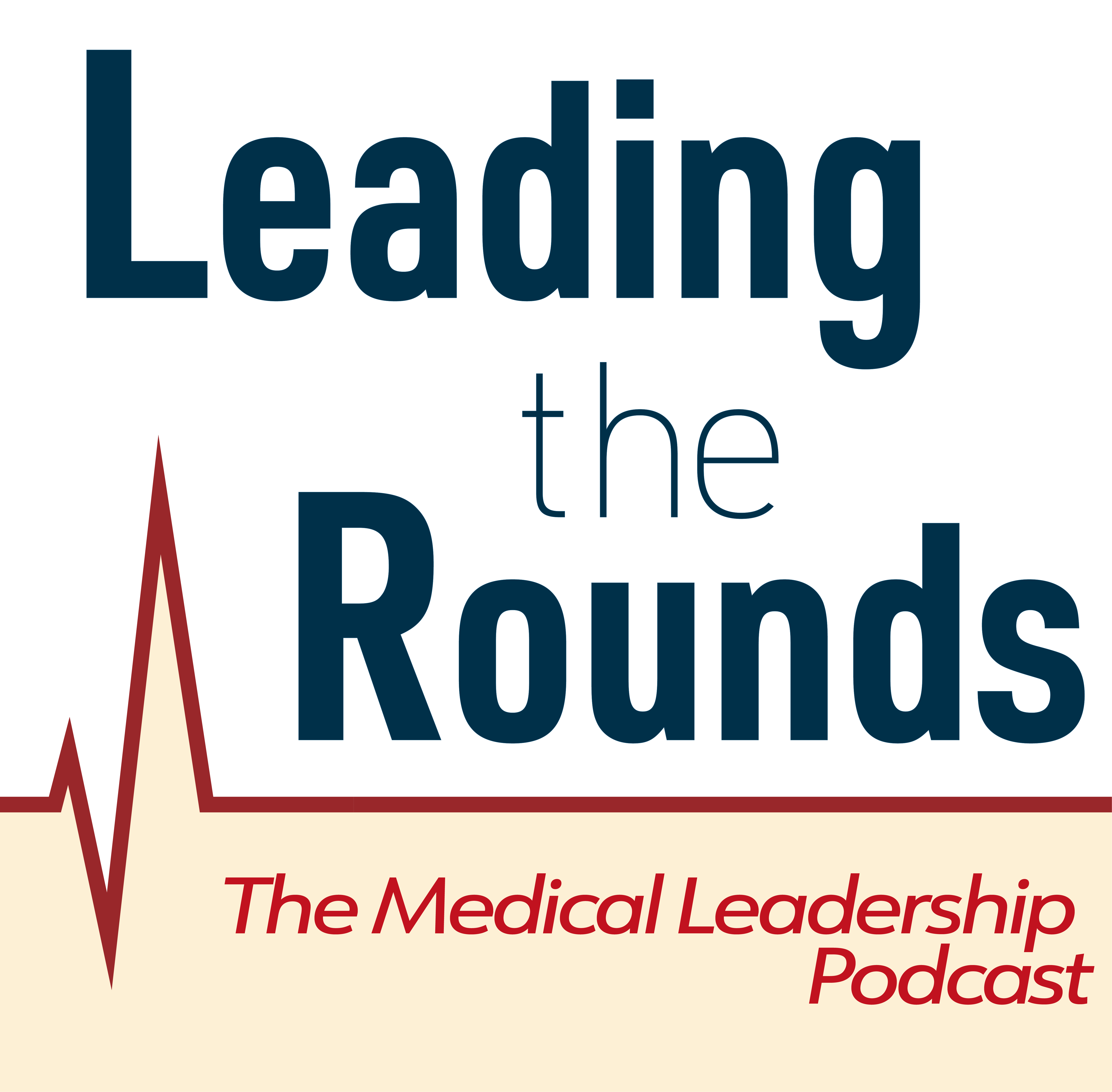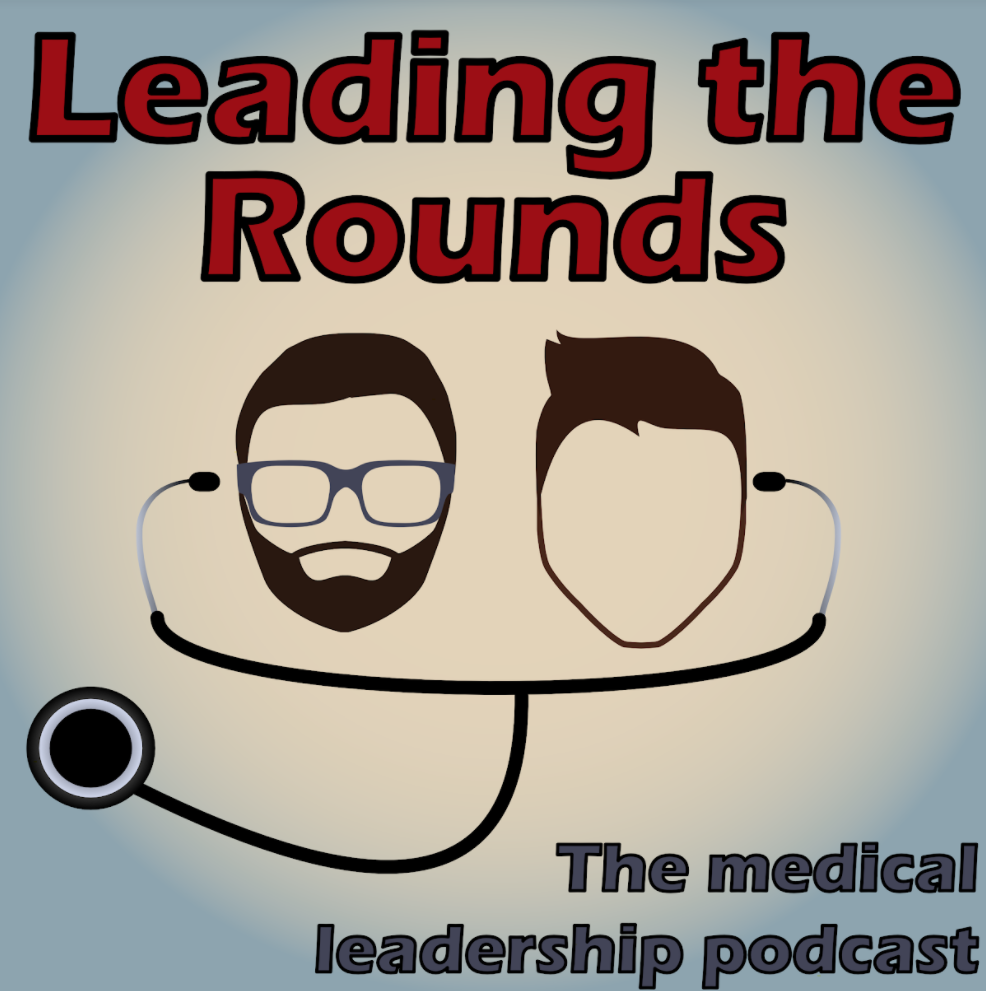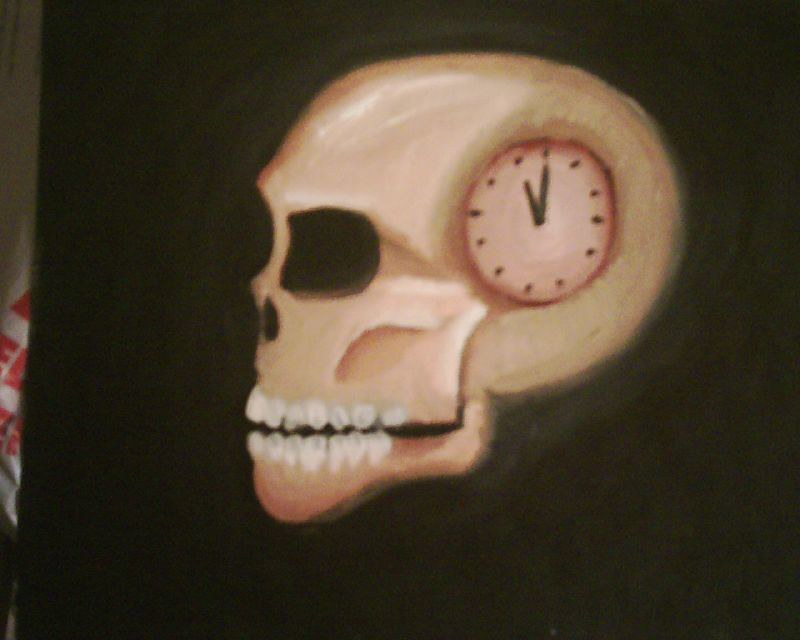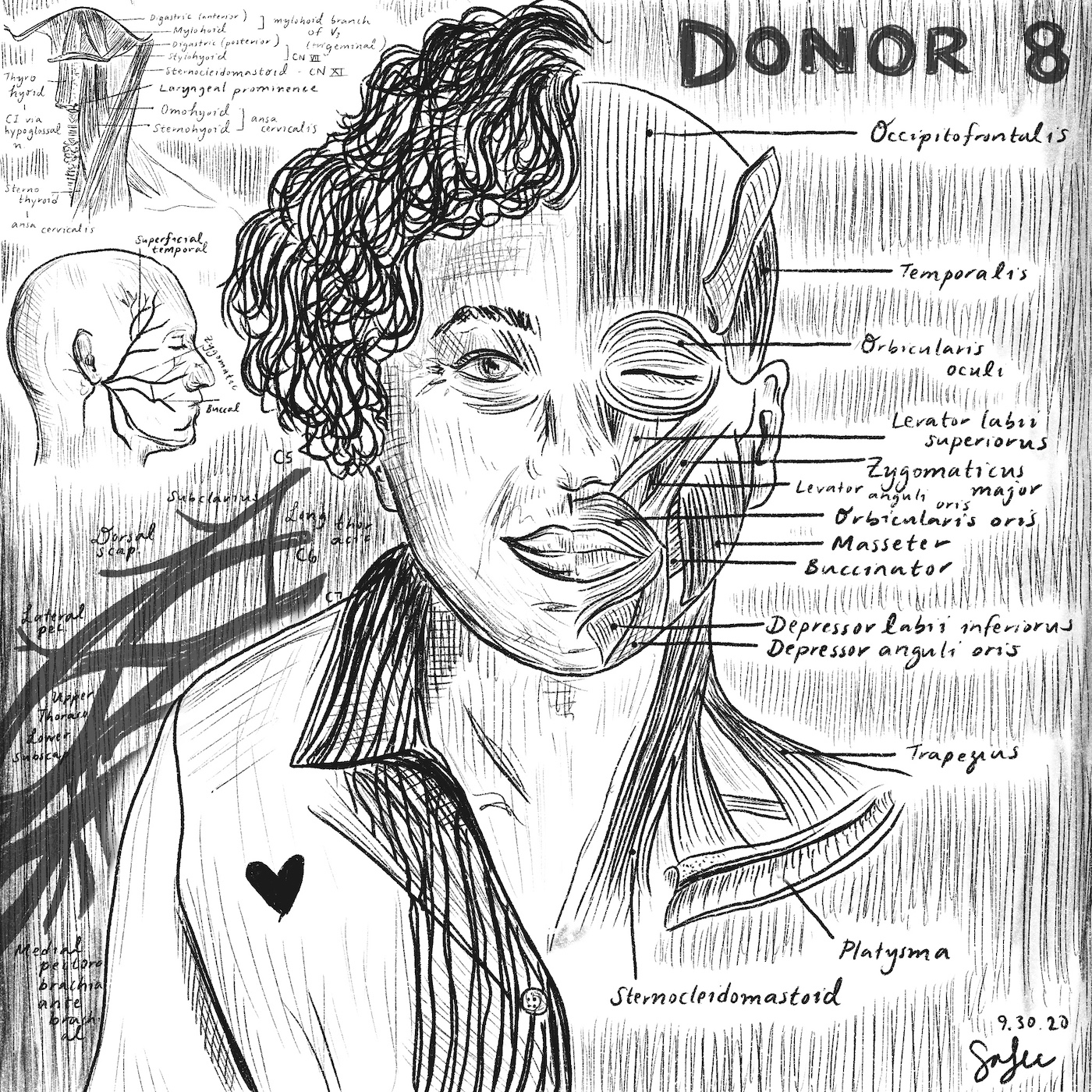Leading the Rounds: The Medical Leadership Podcast — “Wellness is NOT Yoga and Granola with Dr. Tait Shanafelt”
In this episode we interview Dr. Tait Shanafelt. Dr. Shanafelt is a Jeanie and Stewart Ritchie Professor of Medicine, Chief Wellness Officer, and associate dean at Stanford University School of Medicine.







